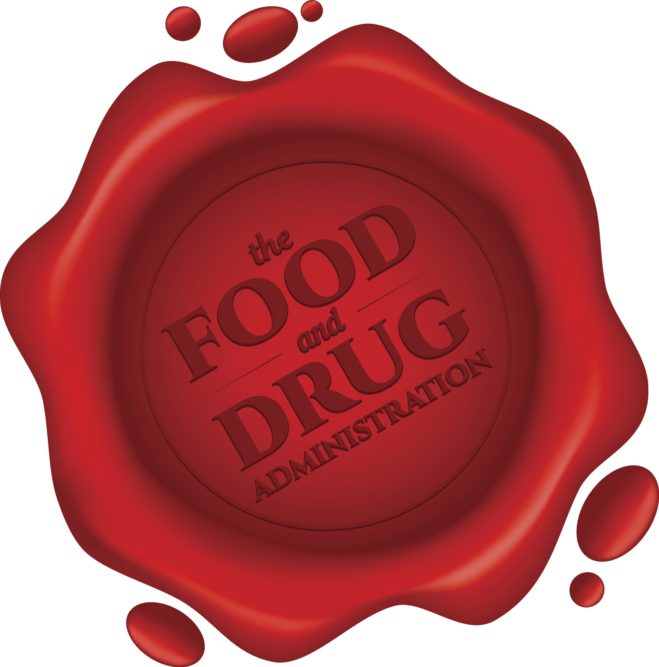Washington, D.C.— Following reports of serious adverse events associated with the use of tianeptine, the U.S. Food and Drug Administration (FDA) has issued warning letters to two companies for the illegal marketing of products labeled as dietary supplements that contain the chemical compound. Tianeptine is not approved for any use in the US, and the FDA reported that tianeptine is linked to significant health concerns including neurologic, cardiovascular, and gastrointestinal signs and symptoms, some of which mimic opioid toxicity and withdrawal. Adding to the concern: A study from the US Centers for Disease Control and Prevention published in 2018 suggests that the intentional abuse and misuse of tianeptine is on the rise in the US.
FDA warning letters were issued to:
> Jack B Goods Outlet Store for its Tianaa Red, Tianaa White, and Tianaa Green products. Among the claims made by Jack B Goods called out in the FDA letter: “There has never been such a clear choice for pain and anxiety.”> MA Labs for its Vicaine product. As noted in the FDA letter, the company made numerous claims including calling the product a “[P]ain-killer, … euphoriant, speed-ball in a bottle, stress-reducing agent…”
As the FDA explained, each of these products is marketed as a dietary supplement and declares tianeptine sodium on the label. The agency added that the companies were illegally claiming that tianeptine treats opioid use disorder (OUD), pain and anxiety, and other unlawful and unproven claims. "These companies are preying on vulnerable patients who may be seeking alternative treatments to serious medical conditions like opioid use disorder," said FDA Commissioner Scott Gottlieb, M.D., in a statement announcing the warning letters. "They’re also selling products with known safety issues. We won’t stand by and allow this to happen."
Further action is to be expected, Gottlieb stated. “This action is part of a broader effort we have underway to re-examine our resources and authorities related to products marketed as dietary supplements, and outline a new policy on how we intend to more vigorously fulfill our obligations to protect consumers from dangerous products and unlawful claims." He added that more information on FDA policy efforts can be expected "very" soon. "The bottom line is this: we’ve seen growing instances where profiteers are pushing potentially dangerous compounds – often with unproven drug claims and crossing the line when it comes to what defines a dietary supplement," Gottlieb said. "These potentially illegal activities put the entire dietary supplement industry at risk by confusing consumers, harming patients and tainting good dietary supplement products by associating them with the activities of bad actors."
The Council for Responsible Nutrition (CRN) applauded the FDA action. “Today FDA demonstrated its continued commitment to public health and the agency’s dedication to protect consumers from illegal products falsely identified and marketed as dietary supplements," said Duffy MacKay, N.D., senior vice president, scientific & regulatory affairs, in a statement. "Companies selling these illegal products, labeled as containing tianeptine, are in direct violation of the federal law and are putting consumers’ health at risk. FDA knows of serious adverse events associated with tianeptine, and the agency is aware that these companies selling this ingredient are making dangerous claims, such as treating opioid use disorder [OUD]."
CRN had previously issued an alert to consumers that there is no mainstream research supporting using a dietary supplement to treat opioid addiction, and that the law does not allow marketers of dietary supplement products to make treatment claims.
Consumer safety and access to safe products are important to both CRN and the FDA, MacKay added, noting, "CRN recommends that consumers seeking treatment of an opioid use disorder or addiction talk to a qualified healthcare professional or a public health authority.”










